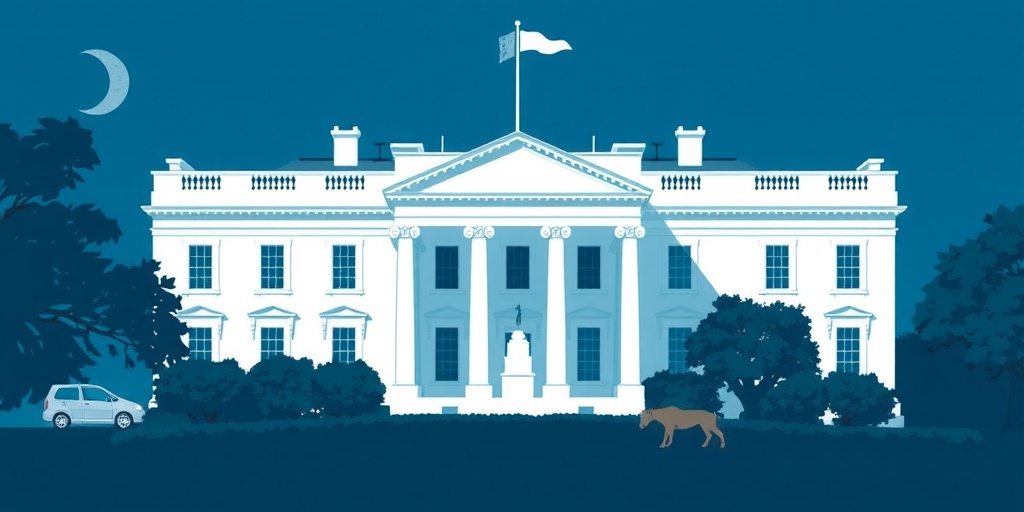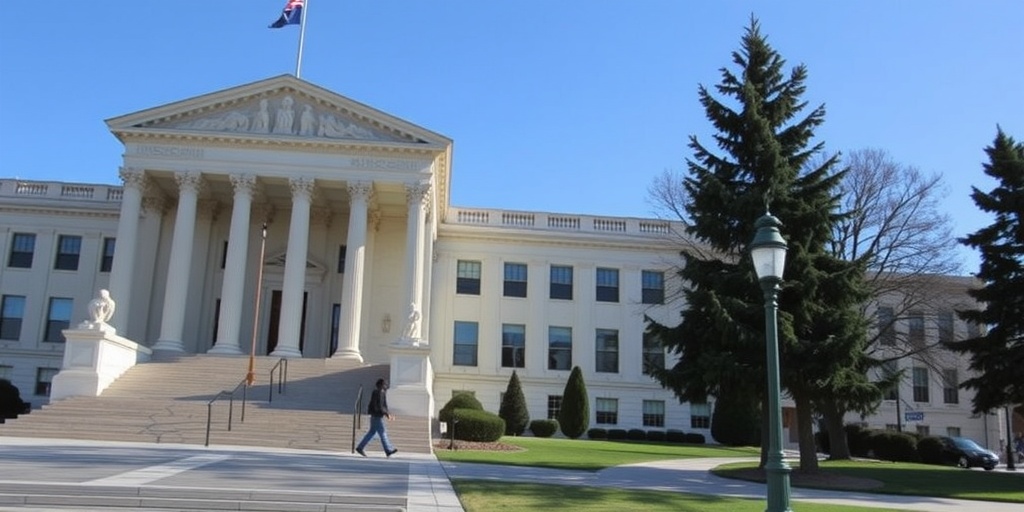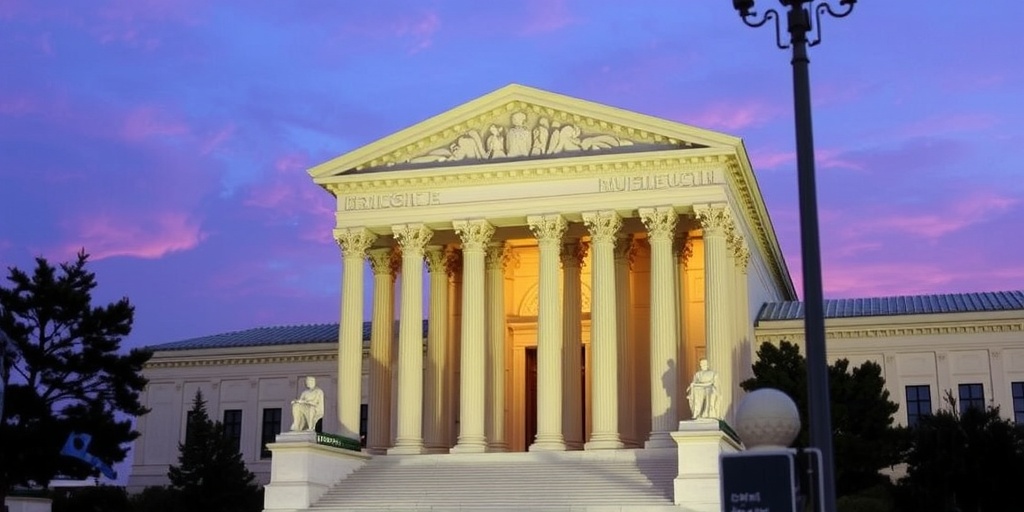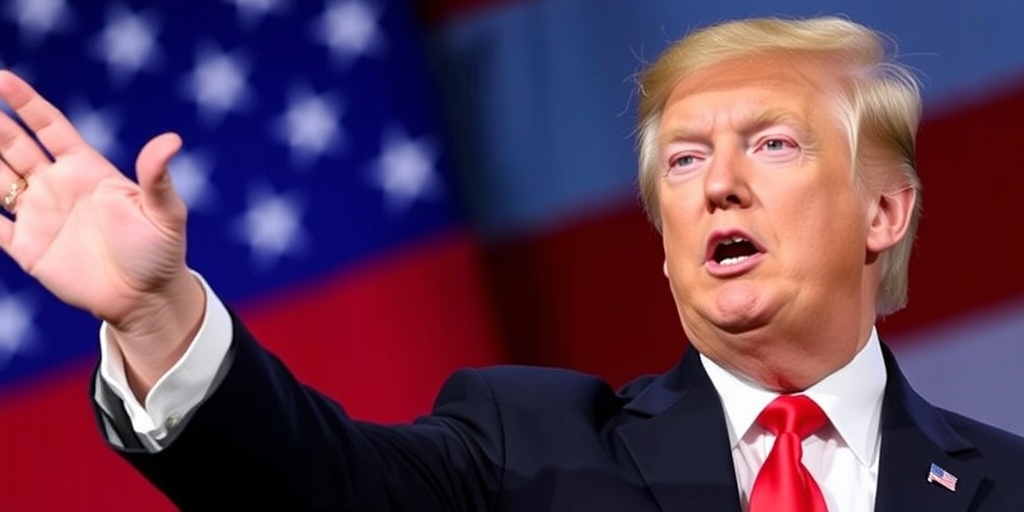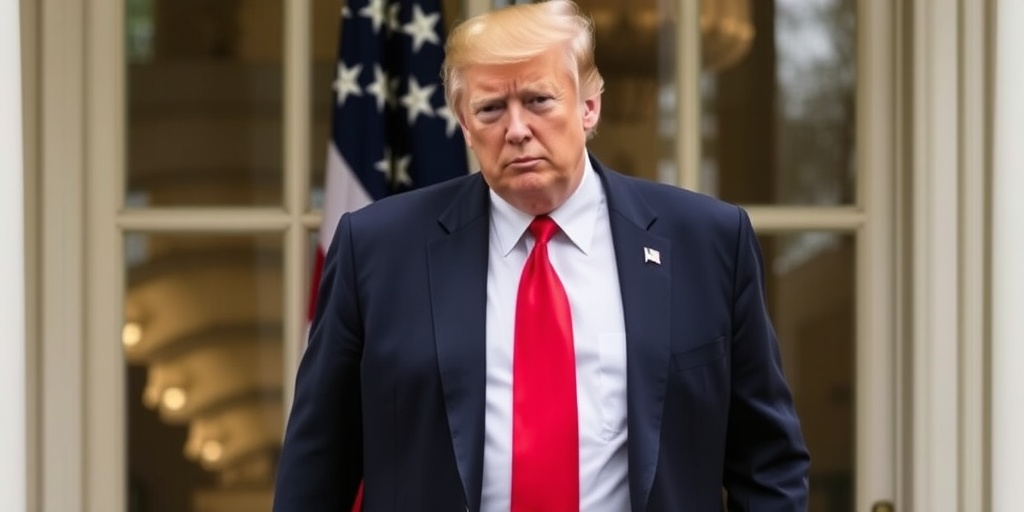Now Reading: Biden Pardons 5 Family Members in Final Moments of Presidency
-
01
Biden Pardons 5 Family Members in Final Moments of Presidency
Biden Pardons 5 Family Members in Final Moments of Presidency
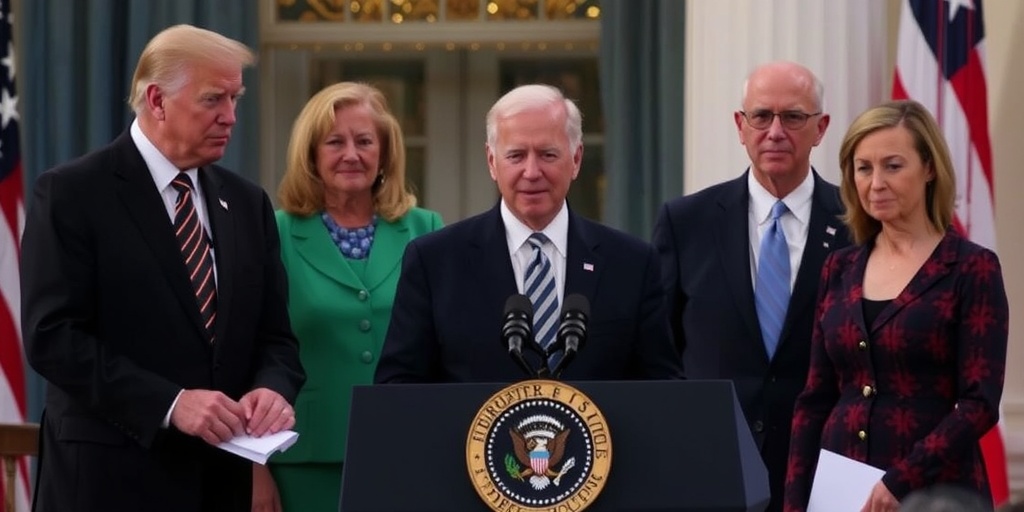
Biden Grants Last-Minute Pardons to Family Members Before Leaving Office
In a dramatic conclusion to his presidency, President Joe Biden exercised his clemency power to pardon five family members in the final moments of his time in office. The pardons, announced with less than 20 minutes remaining in his presidency, were characterized by Biden as a necessary measure influenced by fears of potential political reprisals from incoming President Donald J. Trump.
In a statement released prior to the end of his term, Biden voiced his concerns about the political climate surrounding his family. “My family has been subjected to unrelenting attacks and threats, motivated solely by a desire to hurt me — the worst kind of partisan politics,” he declared. His comments reflect a deep-rooted mistrust towards Trump, a figure who has consistently challenged Biden and his administration throughout their respective tenure in public service.
The five individuals receiving pardons included: James B. Biden, the president’s brother; Sara Jones Biden, James’s wife; Valerie Biden Owens, the president’s sister; her husband John T. Owens; and Francis W. Biden, Biden’s other brother. The timing and nature of these pardons underscore the complicated personal dynamics at play within the Biden family, particularly as they navigate the turbulent waters of American political life.
The announcements came shortly after Biden attended the ceremonial swearing-in of Donald Trump at the U.S. Capitol, marking a significant transition of power. This last-minute act symbolized not just a family’s solidarity against what Biden perceives as unjust attacks but also highlighted the intense political strife that has come to define contemporary American governance. The White House presented this news, emphasizing the urgency and weight of Biden’s decisions during a fraught presidential transfer.
Throughout his presidency, Biden has repeatedly articulated his belief in the rule of law and the importance of maintaining robust legal institutions. However, the pardons could potentially conflicted with this assertion, especially in light of accusations that politically motivated investigations adversely affect innocent individuals and their families. Earlier in his presidency, Biden also pardoned his son, Hunter Biden, which further complicated perceptions of his commitment to impartial governance.
In his rationale for the pardons, Biden stated, “I believe in the rule of law, and I am optimistic that the strength of our legal institutions will ultimately prevail over politics.” Nonetheless, he also expressed dismay over what he described as “baseless and politically motivated investigations” that can devastate the lives, safety, and finances of targeted individuals. He noted that even individuals who have done nothing wrong could suffer irreparable damage to their reputations simply by being associated with high-profile investigations.
The atmosphere of fear and vulnerability voiced by Biden in his statement serves as a potent reminder of the growing divisions and animosities within the U.S. political landscape. As both he and Trump head toward an uncertain political future — with Trump poised for a potential return to frontline politics — Biden’s actions can be seen as a defensive maneuver in a broader game of political chess.
Moreover, these pardons come at a time when bipartisan cooperation seems increasingly elusive, and the traditional norms of American politics are being tested. The divisions fostered during Trump’s presidency have left a lasting impact, leading Biden and his allies to adopt a more protective stance over personal and familial matters.
As Biden transitions into a new chapter of his life after the presidency, his last act in office encapsulates the complexities of family loyalty, the harshness of political reality, and the ongoing struggle for integrity amidst partisan tensions. It remains to be seen how this controversial decision will be interpreted and whether it will have lasting implications for Biden’s political legacy and the relational dynamics among his family members moving forward. The coming months may reveal more about the nature of these pardons and their role in the unfolding political narrative of the nation.
Stay Informed With the Latest & Most Important News
Previous Post
Next Post
-
 01New technology breakthrough has everyone talking right now
01New technology breakthrough has everyone talking right now -
 02Unbelievable life hack everyone needs to try today
02Unbelievable life hack everyone needs to try today -
 03Fascinating discovery found buried deep beneath the ocean
03Fascinating discovery found buried deep beneath the ocean -
 04Man invents genius device that solves everyday problems
04Man invents genius device that solves everyday problems -
 05Shocking discovery that changes what we know forever
05Shocking discovery that changes what we know forever -
 06Internet goes wild over celebrity’s unexpected fashion choice
06Internet goes wild over celebrity’s unexpected fashion choice -
 07Rare animal sighting stuns scientists and wildlife lovers
07Rare animal sighting stuns scientists and wildlife lovers













